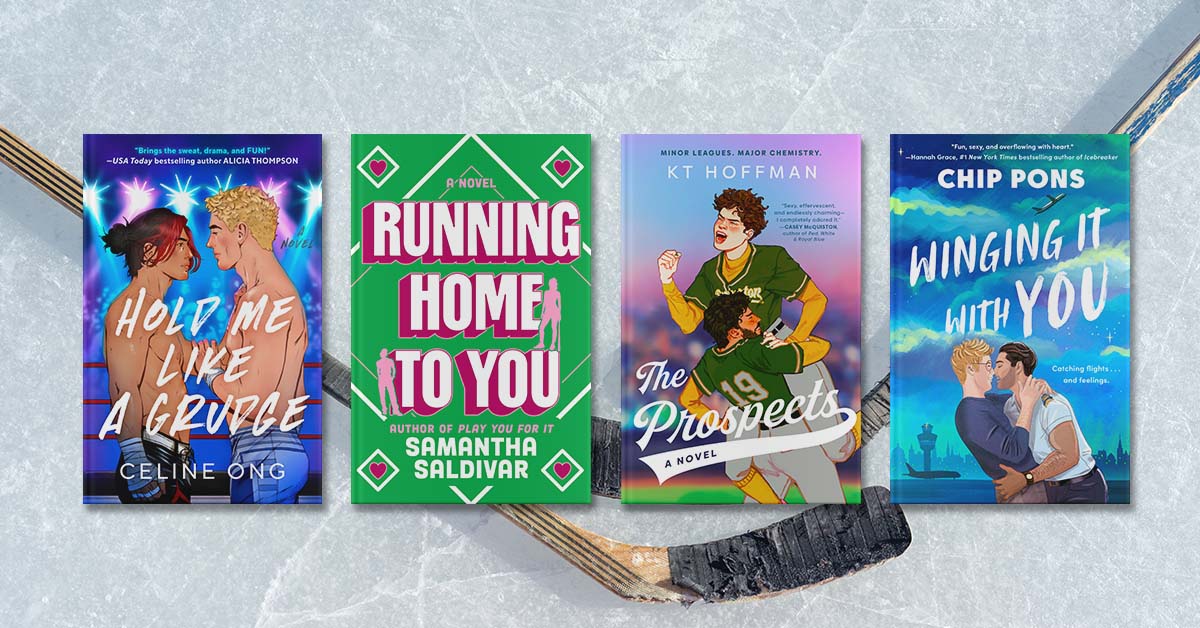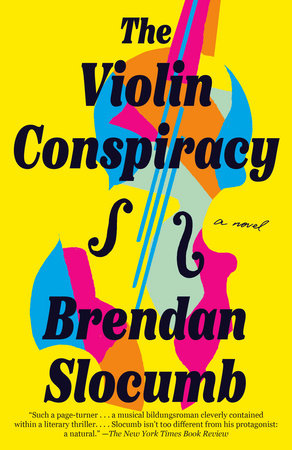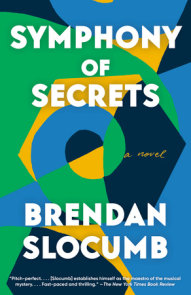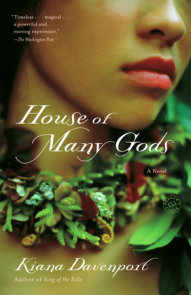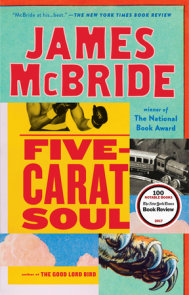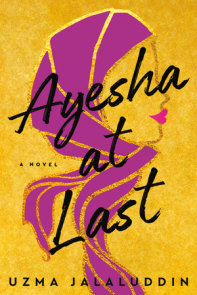READERS GUIDE
Both a riveting mystery novel and a stirring meditation on the transcendent power of music, The Violin Conspiracy raises meaningful questions about destiny, family ties, and the artifacts we treasure.Growing up in poverty, Ray McMillian has overcome steep hurdles—including his own mother’s naysaying—to achieve success as a classical musician. But as the day of the international Tchaikovsky Competition approaches, he is the victim of a daring heist: his beloved violin has vanished, and the list of suspects soon spans the globe. This was no ordinary violin. It had belonged to Ray’s enslaved great-grandfather, whose musical skill likely saved his life. What’s more, after he received the beloved instrument from his grandmother, Ray discovered that the “fiddle” is actually a priceless Stradivarius. Now it’s missing, and the hunt leads Ray to discover the true value of his ancestor’s legacy.
The questions that follow are designed to further enhance your experience of The Violin Conspiracy. We hope they elevate your reading of this bravura literary performance.
Questions and Topics for Discussion
1. What were your initial theories about the disappearance of Ray’s violin? How did the novel’s multilayered timeline enhance the suspense?
2. Ray finds solace and invigorating challenges in a musical style that originated in Europe. He says that when considering the many facets of his identity, he’s a musician first. Is music a universal medium? Do the cultural origins of your favorite music matter?
3. What does Ray and Nicole’s shared creativity demonstrate about compatibility in a relationship?
4. Who is the Janice in your life? When have you served as a Janice for someone else, lighting the way for others who lack the tools (or the hope) they need to thrive?
5. As you watched Alicia pursue leads, what did you observe about her ability to combine practical skills with an understanding of human motivation—including the motivation of an artist?
6. When Ray is forced to procure a replacement violin from Mischa, what did you discover about the personalities of the various instruments, and the way music can become an extension of a performer’s soul?
7. What does Leon’s story teach us about the power of legacies that endure across generations? As music became the key to his survival, how did it also become his voice? What did that voice whisper to those around him, and, years later, to Ray?
8. What enables the Marks family to justify and distort their own legacies? Do you think their attitude is typical of the way most Americans approach the realities of slavery in the nation’s history?
9. What traits does Ray share with his Serbian rival, Mikhail Lezenkov? What advantages does each of them bring to the Tchaikovsky Competition? What distinguishes high achievers who thrive on competition (in any endeavor, from music to sports) from those who are more comfortable as aficionados?
10. In his Author’s Note, Brendan Slocumb reveals that the novel’s wedding scene and the Baton Rouge shakedown are based on his own experiences. How did this knowledge affect your experience of the book? How hopeful are you that such outrageous incidents of racial profiling and abuse will diminish in your lifetime?
11. One important aspect of The Violin Conspiracy is economics. Until he develops star power, Ray must continually scrimp and calculate to get by on far less than a living wage. What are the forces that created his poverty? What are the forces that make a Stradivarius worth millions? Besides a price tag, what other methods can we use to assess value?
12. Discuss Ray’s family. What does the novel say about the families we inherit and the families we create (such as the nurturing mentorship Ray receives from Janice)? What accounts for the warmth and generosity of Grandma Nora, compared to the self-centered greed of Ray’s mom? How would you respond if your extended family asked you to share the bounty of your labor with them?
13. Ray’s musical skill and his incredible self-discipline make him distinct. Do you attribute these distinctions to genetic inner strength—perhaps inherited from Leon Marks—or to other factors?
14. Throughout the novel, we learn about the pieces that have special significance to Ray, forming an extensive playlist for you to enjoy while discussing the book with your reading group. What do you notice about the emotions that permeate these works?
15. The Author’s Note ends with the observation, “Together, we are a symphony.” In your opinion, has society become less symphonic and more populated by soloists? What could we achieve if our symphonies of community grew bigger and more numerous?
Suggested Reading
Rae Linda Brown, The Heart of a Woman: The Life and Music of Florence B. PriceSteven Galloway, The Cellist of Sarajevo
Zakiya Dalila Harris, The Other Black Girl
Edward P. Jones, All Aunt Hagar’s Children
Sharon Maas, The Violin Maker’s Daughter
Tiya Miles, All That She Carried
Richard Powers, The Time of Our Singing
Vikram Seth, An Equal Music
Walter Tevis, The Queen’s Gambit
Colson Whitehead, The Underground Railroad

